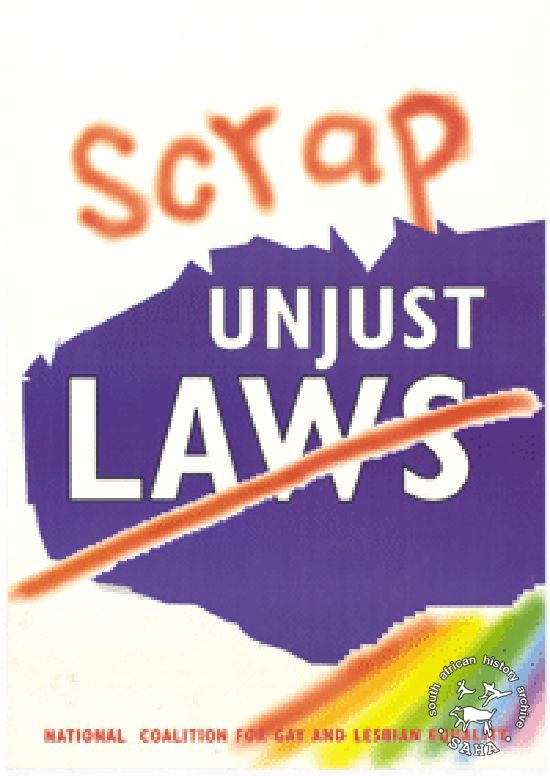 On 12 June, The Justice Initiative and over 20 other partner organizations and academic institutions, officially released the Global Principles on National Security and Right to Information.
On 12 June, The Justice Initiative and over 20 other partner organizations and academic institutions, officially released the Global Principles on National Security and Right to Information.
The principles dubbed, "The Tshwane Principles", are based on international and national law, standards, good practices, and the writings of experts.
They aim to address issues on "national security-rather than all grounds for withholding information." Furthermore, they guide one on the minimum standard that should be met when restricting access to information on public grounds.
These Global principles "were developed in order to provide guidance to those engaged in drafting, revising or implementing laws or provisions relating to the state's authority to withhold information on national security grounds or to punish the disclosure of such information."
The document covers key themes including;
-Information that legitimately may be withheld on national security grounds, and information that should be disclosed
-Rules regarding classification and declassification of information
-Rules regarding handling of requests for information
-Judicial aspects of national security and right to information
-Bodies that oversee the security sector
-Protection of public personnel who disclose information showing wrongdoing
-Limits on measures to Sanction or restrain the disclosure of information to the public
The Final version of the Principles reflects input from more than 500 experts at 14 meetings around the world. In addition to the Justice Initiative staff, the following organisations that took part in these exercise;
- frica Freedom of Information Centre (Kampala/ Africa);
- African Policing Civilian Oversight Forum (APCOF) (Cape Town/ Africa)
- Amnesty International (London/ global)
- Article 19, the Global Campaign for Free Expression (London/ global);
- Asian Forum for Human Rights and Development (Forum Asia) (Bangkok/Asia);
- Centre for Law & Democracy (global);
- Centre for National Security Studies (Washington, DC/ US and Europe);
- Centre for Studies on Freedom of Expression and Access to Information (CELE), Palermo University School of Law (Buenos Aires/ Argentina);
- Commonwealth Human Rights Initiative (New Delhi/ Commonwealth);
- Conectas Direitos Humanos (São Paulo/ global south);
- Egyptian Initiative for Personal Rights (Cairo/ Egypt);
- Institute for Defence, Security and Peace Studies (Jakarta/ Indonesia);
- Institute for Security Studies (Cape Town/ Africa);
- International Commission of Jurists (Geneva/ global);
- National Security Archive (Washington DC/ global); and
- Open Democracy Advice Centre (Cape Town/ southern Africa).





 On 12 June, The Justice Initiative and over 20 other partner organizations and academic institutions, officially released the
On 12 June, The Justice Initiative and over 20 other partner organizations and academic institutions, officially released the